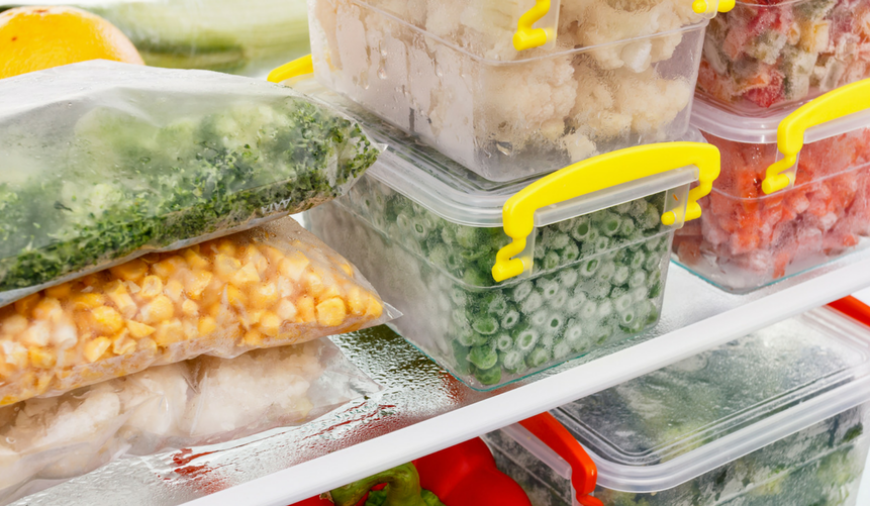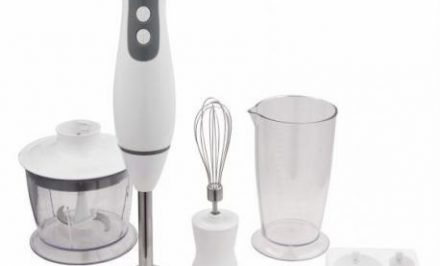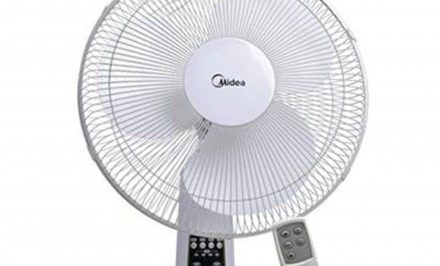Perishing of fruits and herbs is one of the widespread problems encountered by food manufacturers. Temperature is a fundamental factor determining the life of raw fruits and vegetables which is maintained with the help of Electronics. Dropping of temperature can decrease down the process of deterioration -this is the logic used in cold storages for storing fruits and vegetables. However, the temperature should not be too low; else the product will be damaged. Besides, the rate of deterioration is enhanced once the raw fruit leaves the cold storage.
You made the promise to healthier eating and determined to incorporate more fruits and vegetables into your regular diet. Fruits and vegetables can be costly, and you don’t have time to shop at the market every day. How can you make that precious produce last longer at home? Follow these tips for proper fruit and vegetable storage.
Fruits and vegetables can be saved for a longer time if they are washed properly with bacteria/fungus-free water. Besides, some fruits or vegetables require their leaves to be removed prior storage.
With a little planning, eat the produce that will spoil first, and work your way through the other produce as the week progresses. To avoid conducting a seance to bring your lettuce back to life, use following ideas help keep produce fresh.
Following these guidelines will assure you get the most value and flavor from your fresh fruits and vegetables
1. Freeze Everything You Don’t Use
Once at home with your supermarket finds, consider freezing what you won’t be using within the subsequent few days.This immediate freezing will guarantee your fruits and vegetables are frozen at their top condition.
2. Store Smart
Vegetables are enough stored on the bottom shelf or lower level of the fridge. It is not advised to store fruits or vegetables in the door rack of the fridge, as it is presented to varying temperatures when opened.
4. Stay Dry
Avoid rinsing your vegetables immediately when you get home. It’s best to wash them before preparation, as the excess moisture can cause mold growth between vegetables. Stick additional paper towels between soggy areas.
5. Keep It Cool
Store foods endlessly from appliances and operations that emit heat. Heating the fruits or vegetables will expedite the ripening action, and lead to molding. Some fruits and vegetable do great at room temperature, others in the fridge.
6. Keep Them Separate
Keeping fruits and veggies collectively can quicken the spoiling process. Fruits tend to be ethylene presenting, and vegetables are frequently ethylene-sensitive. It is a good idea to manage the two away from each other, as the ethylene-sensitive vegetables will decay faster next to ethylene producing fruit. The two bins measure in most fridges will be a good product barrier for freshness.
7. Lemon Juice Prep
If you’ve already cut some apples and require to store the rest, try a lemon juice soak to prevent the browning process. The acids in lemon juice inhibit the protein enzymes from answering to produce the brown, wilting color.
Try soaking apple moieties in one cup of cold water, with a sprinkle of lemon juice. A teaspoon or tablespoon will work. This soak will also operate on pears. Soak for five minutes, drain, and rinse. Enjoy your latest, fresh looking fruits.
8. Future Planning
Keep good tabs on what you manage to eat during the week. This can help over-buying, and diminish spoiling from fruits and vegetables you don’t apply.
9. Know the Difference
Certain vegetables need different storage methods. Consider doing research beforehand to verify which methods are suitable for storing each type of produce. Potatoes and onions, for example, should be collected at room temperature, out of direct sunlight.
Keep track of how hard vegetables typically have before reaching their expiration. Some will expend their freshness after only a few days; others can wait for over a week.
10. Prune Your Stock
Watch your produce stock everyday and remove any spoiling fruits or embellishment areas. This will stop the spoilage from expanding to the remaining strong items, having your produce fresh.
If stored in bags, produce small punctures to allow air flow to inhibit spoilage. Leave a bit of room open in among items for airflow and freshness.
11. Select Food Containers
Some products can go a long way in preserving your produce fresh. These containers provide for easy storage, ventilation, and are dishwasher safe. Check one out to hold your fruits and vegetables fresh for longer.
12. Pro Tips
Puncture a lemon and compress the juice, rather of cutting in half. This retains the remaining pieces from drying out.
Stick with these suggestions, and you are on your way to fresher produce and extra monthly savings. Enjoy the benefits of healthier fruit, and healthier you.







No Comments